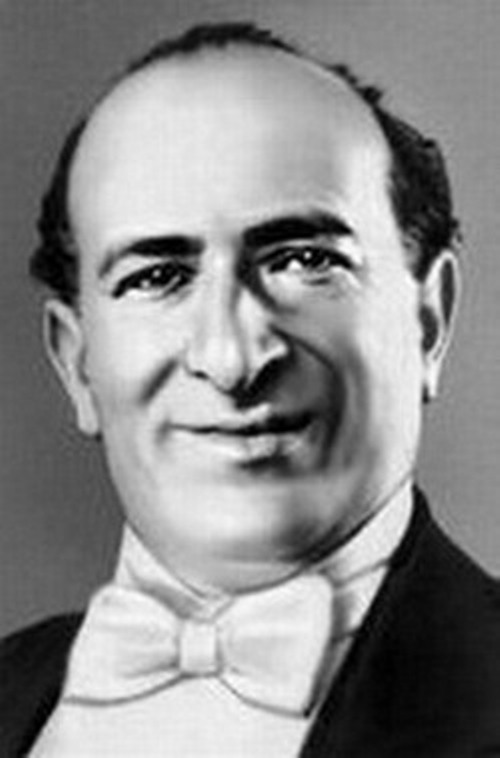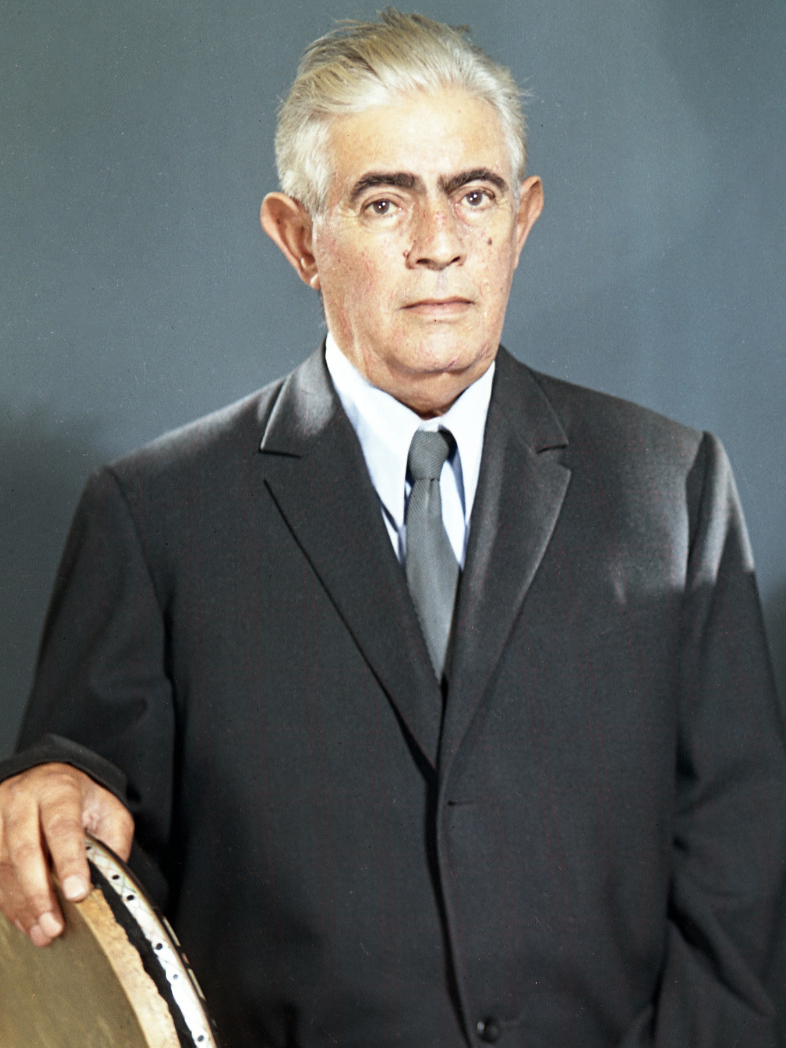Jabbar Qaryagdioglu (1861-1944)
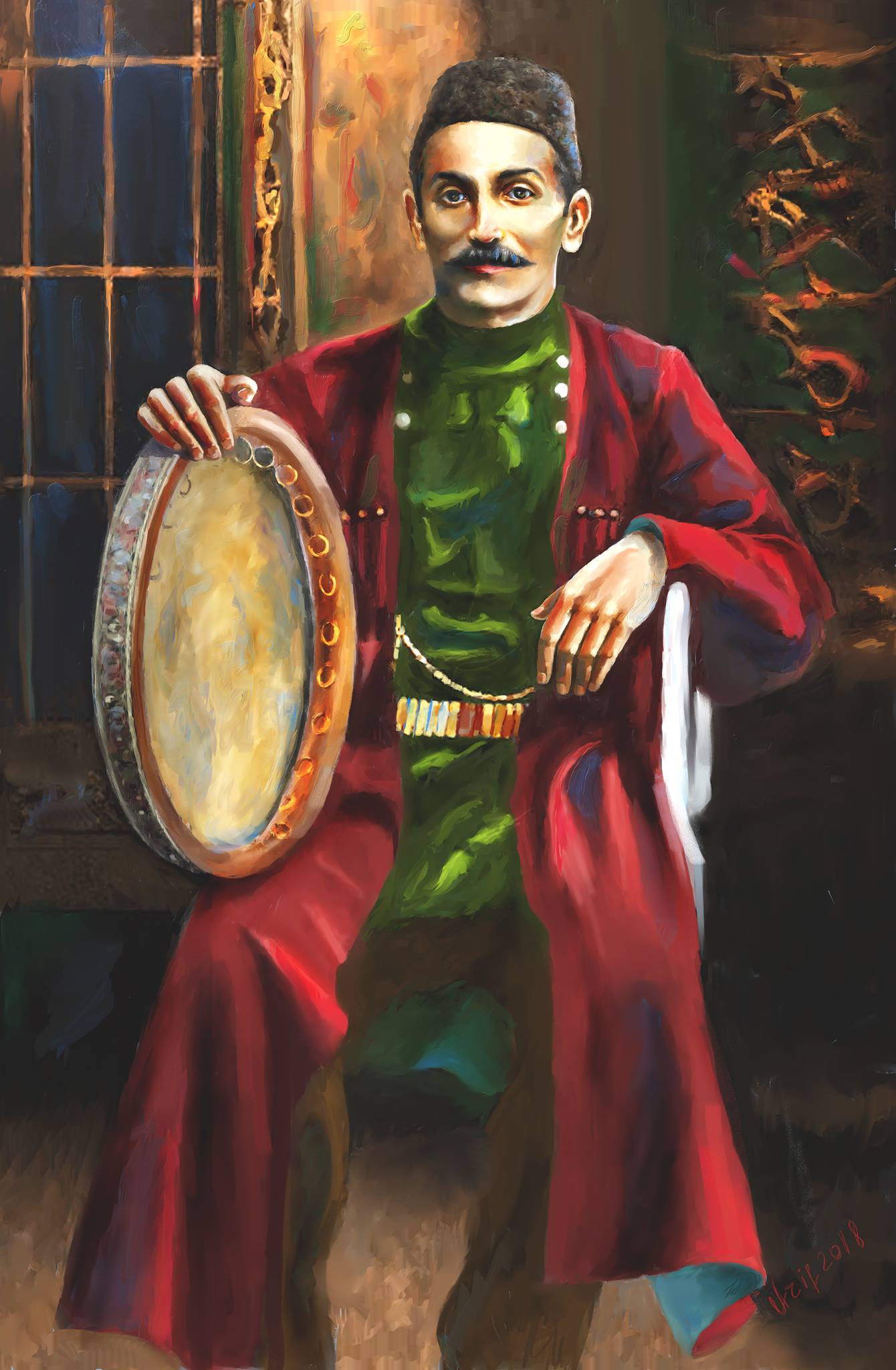
Jabbar Qaryagdioglu was born in 1861 in Seyidli neighborhood of Shusha. As a child, Jabbar, who used to graze lambs with the children of the neighborhood in "Gayabashi", "Kirkhpillakende", "Aghzyasti kahada", would hum for hours sitting on "Dalikdash".
Jabbar Qaryagdioglu was a singer, composer, musician and People's Artist of Azerbaijan in 1935. Azerbaijan was one of the most prominent representatives of the art of singing. Jabbar Qaryagdioglu's voice was a strong dramatic-tenor type.
With this strong and majestic voice, he sang "Segah", which is considered to be an extremely lyrical-minor spirit mugam, very sad and soft, but at the same time burning, giving the impression that the mugam is sung by a lyrical tenor, not a dramatic tenor. Its role in the emergence of opera in Azerbaijan is also great.
Qaryagdioglu was the first actor of our opera stage. His "Shahnaz", "Qatar", "Heyrati" are the most precious pearls of our musical treasure. Jabbar Qaryagdioglu was one of the first organizers of the Azerbaijan State Conservatory.
On May 30, 1934, at the South Caucasus Art Olympiad in Tbilissi (Georgia), 74-year-old Jabbar Qaryagdioglu was awarded the first place for his outstanding performance and purity and was awarded the First Order of Honor of the Transcaucasian Central Executive Committee.
On March 31, 1936, the 75th anniversary of Jabbar Qaryagdioglu's birth was solemnly celebrated in the building of the Azerbaijan State Drama Theater named after M.Azizbeyov. was awarded the "Order".
50 folk songs of Jabbar Qaryagdioglu translated into the background were published in 1938 by the scientific research cabinet studying Azerbaijani music under the title "Azerbaijani folk songs".
Jabbar Qaryagdioglu also had poetry. He composed and sang the song "There are no points left in Yerevan".
Until the beginning of the 20th century, Azerbaijani singers followed the tradition of performing mugham melodies with Persian poems. Prominent Azerbaijani singer Jabbar Qaryagdioglu put an end to this tradition. Starting with it, the performance of mughams in the Azerbaijani language has become a tradition in Azerbaijan, as well as in the entire South Caucasus, where Azerbaijani mughams are very popular.


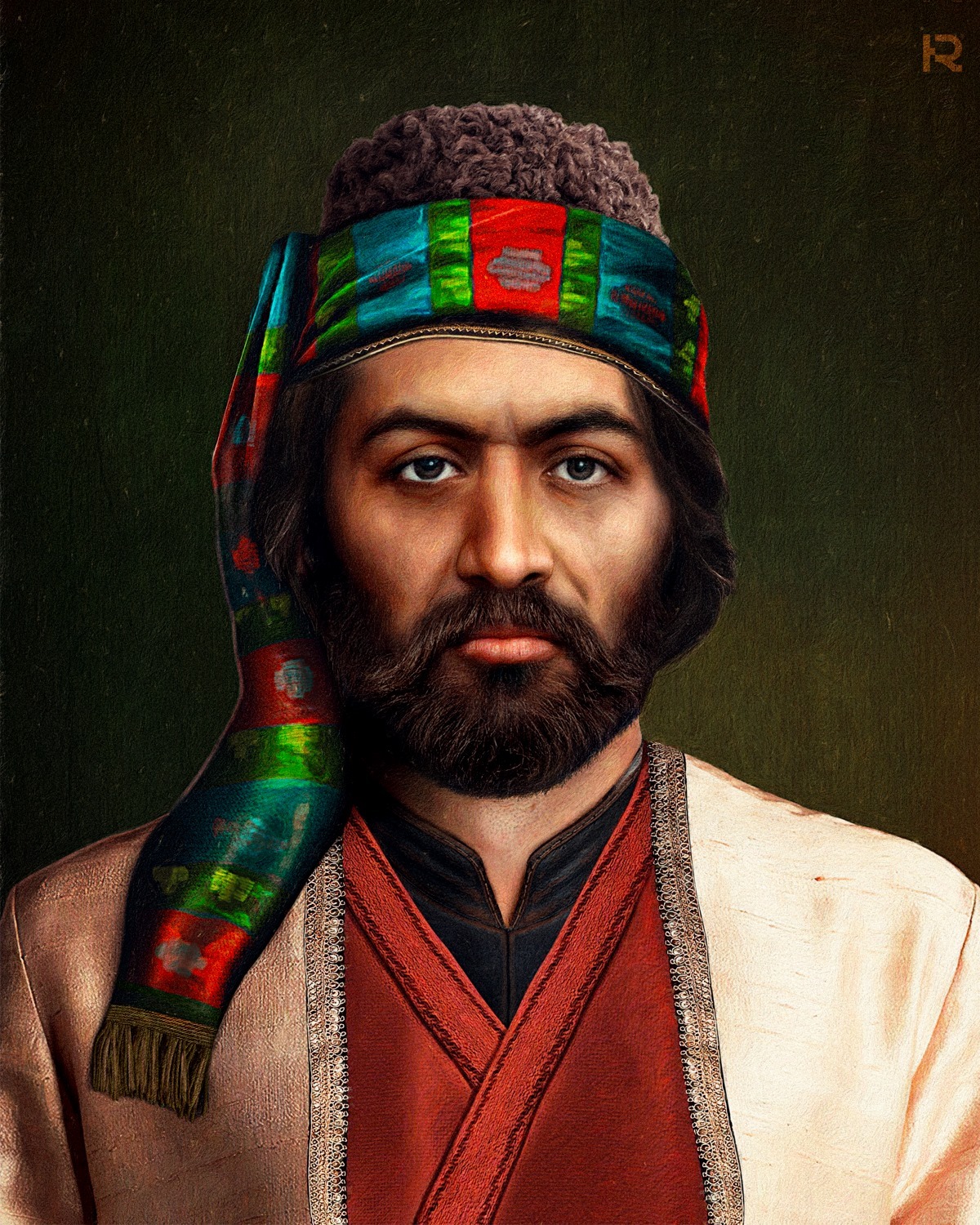
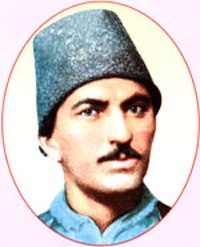
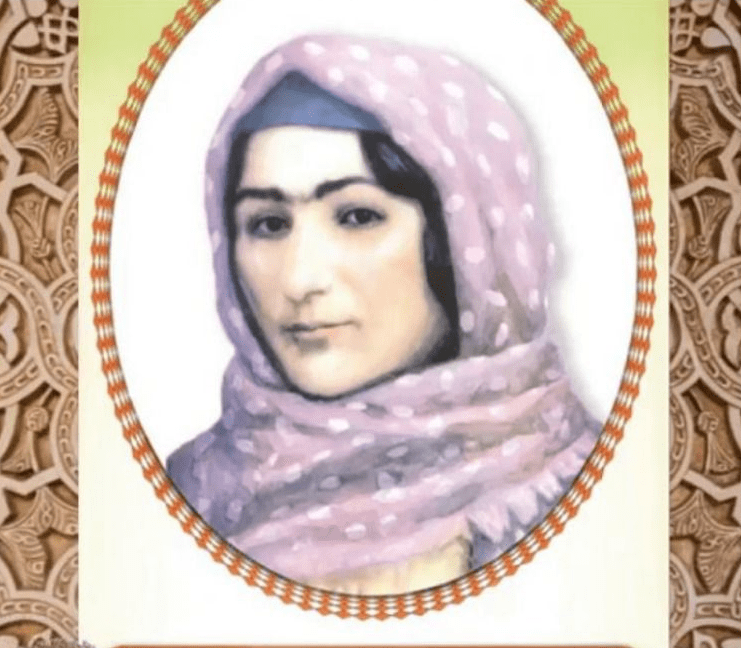
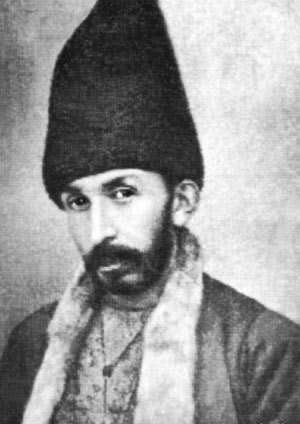
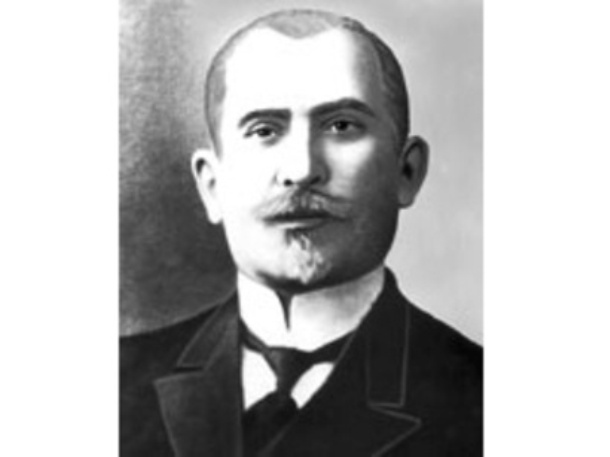

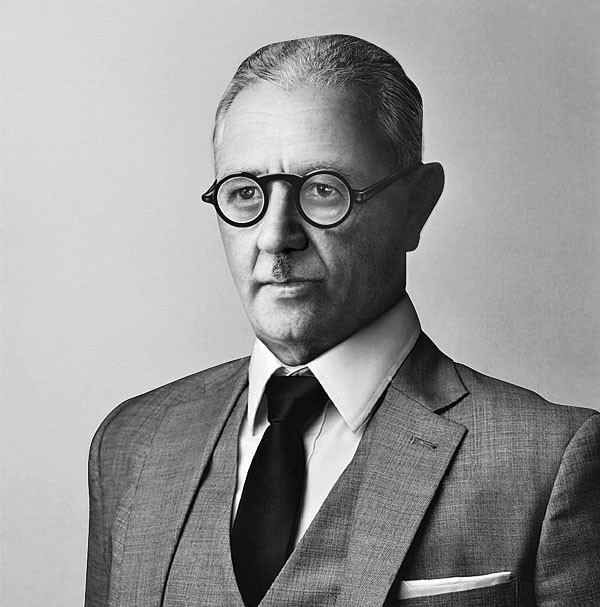
.jpg)
